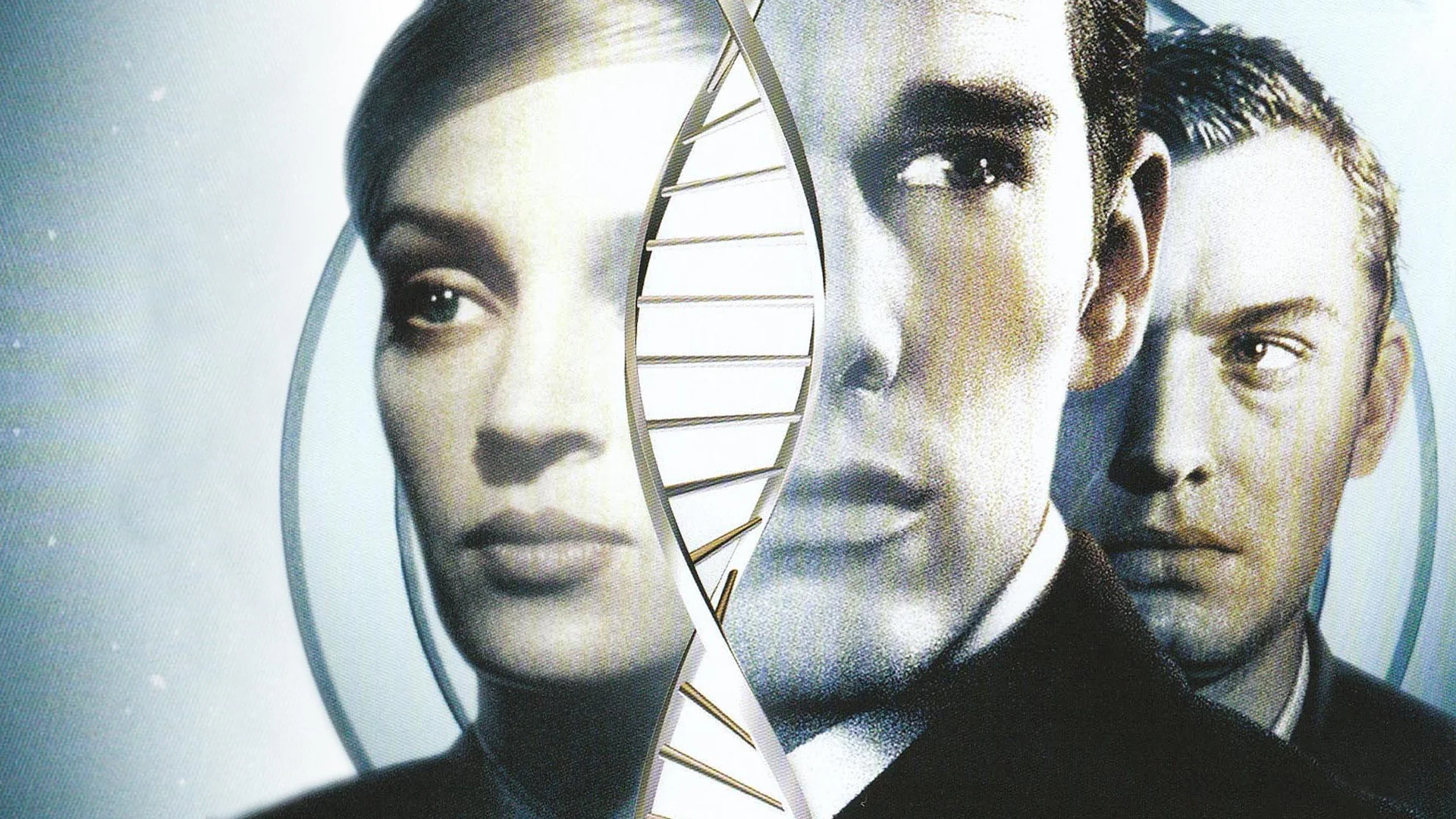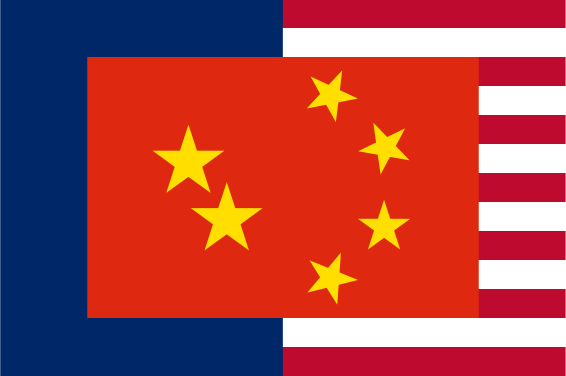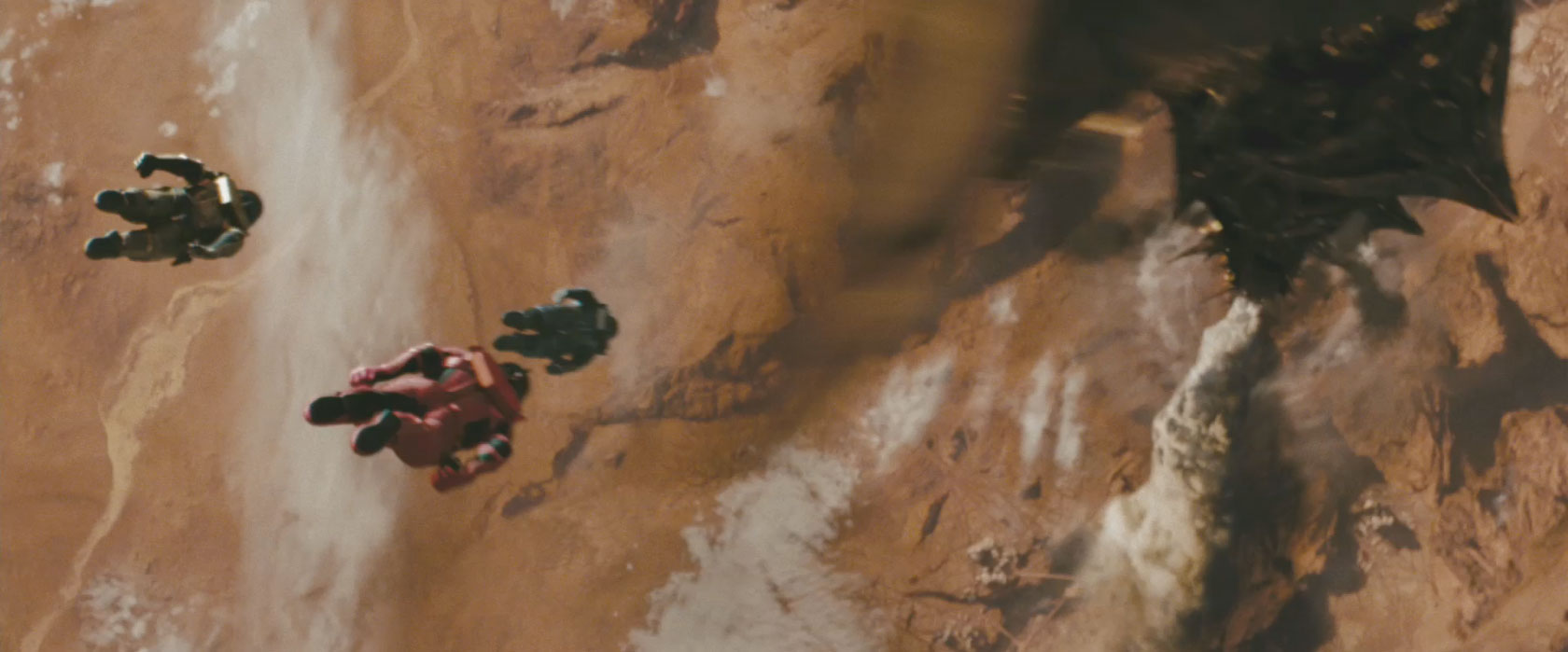Chances are you've come across a lot of 2012 "top
10" lists this past week. Some of my favorites include io9's best and
worst scifi and fantasy movies of 2012,
Tor's 10 essential genre films of 2012, and
Popular Science's sloppiest sci-fi movie science violations of 2012.
Why are these types of articles so popular? Here are two
explanations from cognitive psychology.
1. Top 10 lists make information easier to digest
A top 10 list lets the reader know what to expect and makes
the article easier to understand. This is known in psychology as perceptual
fluency, or how easy it is to
understand information.
A great example of perceptual fluency comes from Daniel
Oppenheimer's 2005 experiment on the
perception of papers with different levels of complexity. Participants in this
study rated simpler writing (more perceptual fluency) as written by more
intelligent writers.
Oppenheimer provides a great summary of his study here:
"It's important to point out that this research is not
about problems with using long words but about using long words needlessly…Anything
that makes a text hard to read and understand, such as unnecessarily long words
or complicated fonts, will lower readers' evaluations of the text and its
author..."
Top 10 lists don't guarantee simple writing, but they do
provide a familiar way of organizing and communicating ideas that often results in easy to digest articles.
2. Top 10 lists are easier to remember.
Grouping information in a meaningful way is called chunking.
For example, the numbers 1, 7, 7, and 6 can be chunked into 1776 (the year
America declared independence from England). Chunked information is easier to
remember (e.g. 1776 versus 1, 7, 7, 6). Top 10 lists often combine information into chunks around a
subject like "best scifi movies" or "coolest time-travel episodes".
The number of items on top 10 lists also makes a difference.
George A. Miller famously stated in a legendary 1956 article that the capacity of our working memory is
the "magical number" 7, plus or minus two. In
other words, we have the ability to hold and manipulate 5-9 chunks of
information at a time. This places top 10 lists almost within the limits
of our working memory.
While recent research has questioned whether 7 ± 2 is an accurate limit (some suggest the true
"magical number" is 4 ± 2), new mathematical models from neuroscience help us understand why
our working memory has any limits at all. With each additional chunk we try to remember, our neurons work exponential harder to hold on
to each piece of information. Very quickly, we run into the biological limits
of what our brains can handle.
Bottom line, a top 10 structure helps readers enjoy articles by simplifying messages and limiting them to just a few points. Writers have known
about these cognitive guidelines for a long time. As Albert Camus said, "Those
who write clearly have readers; those who write obscurely have commentators” (something
I remind myself when my articles fail to receive comments).





















